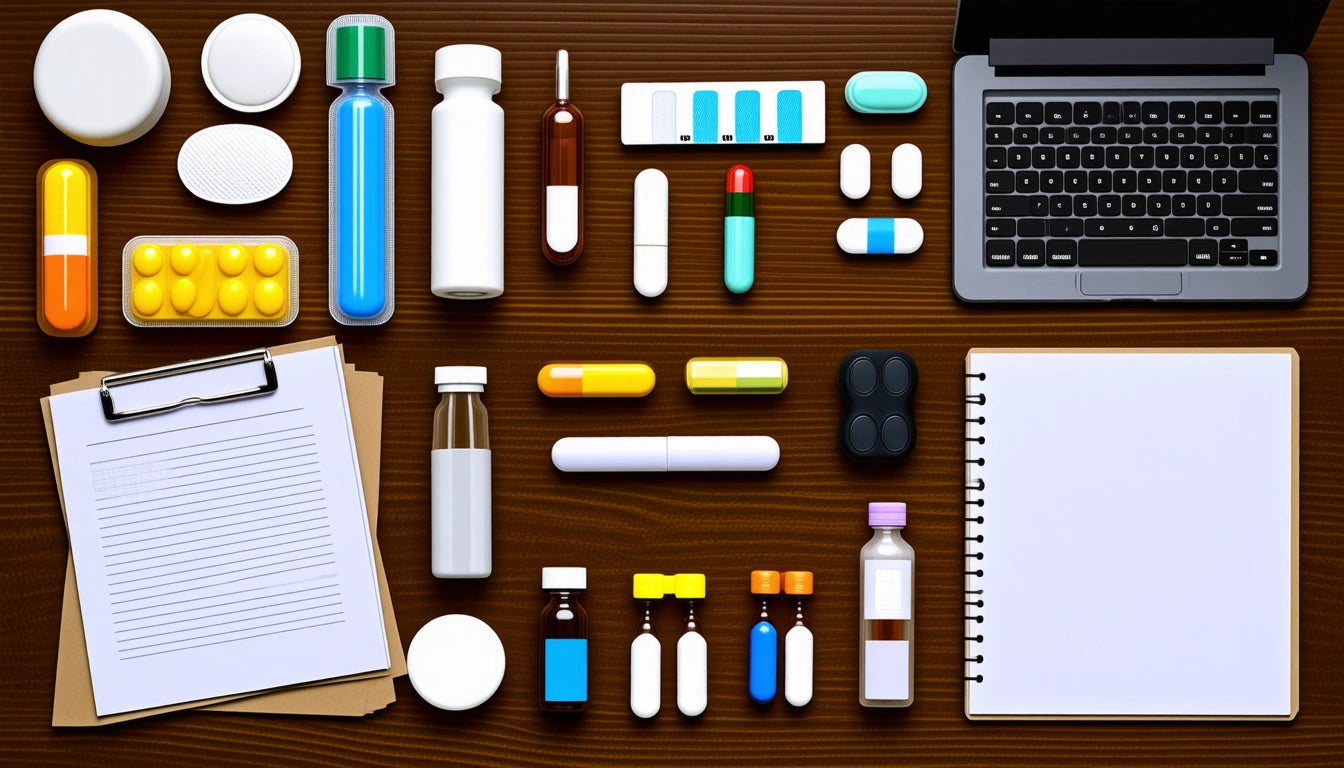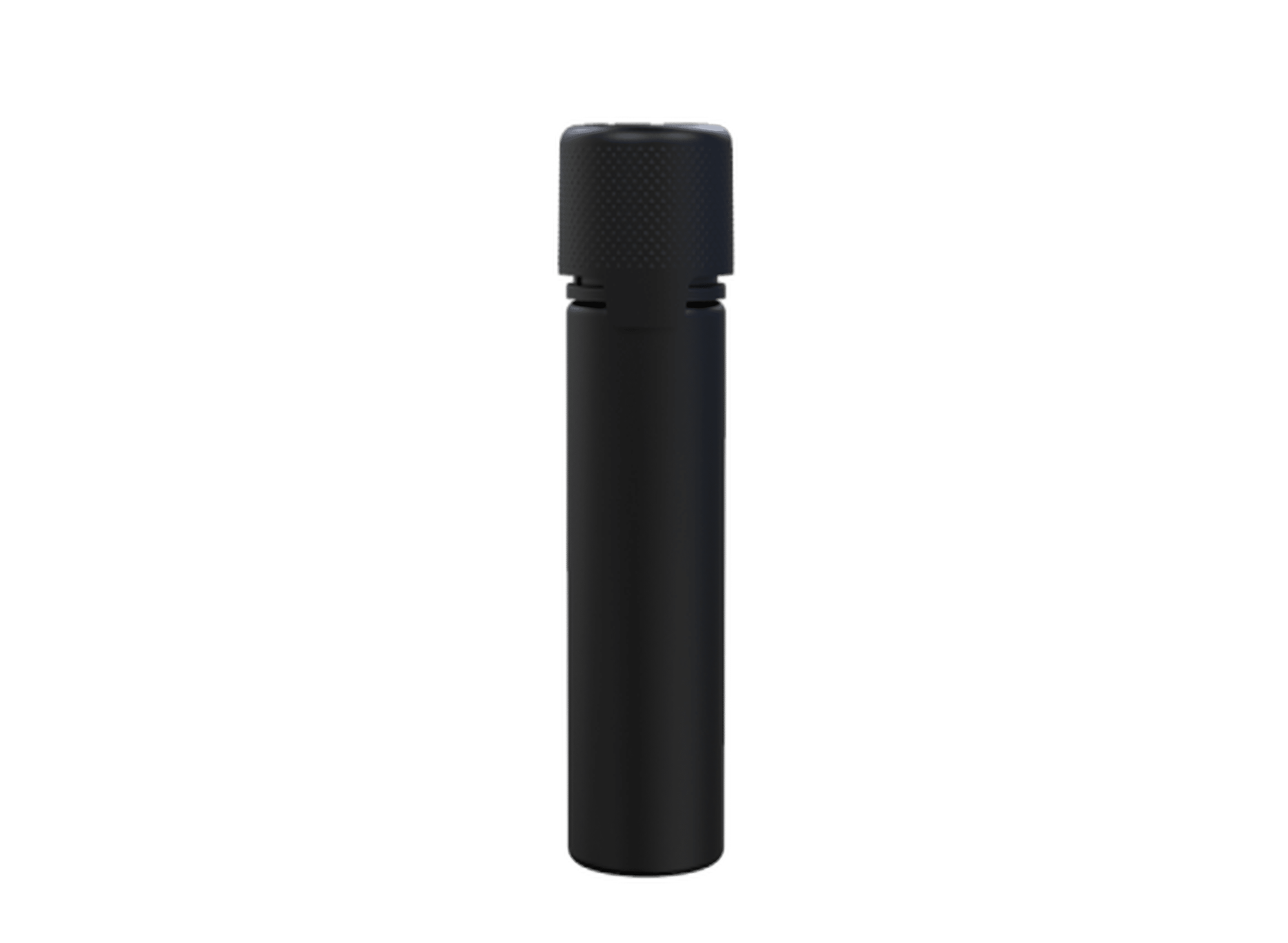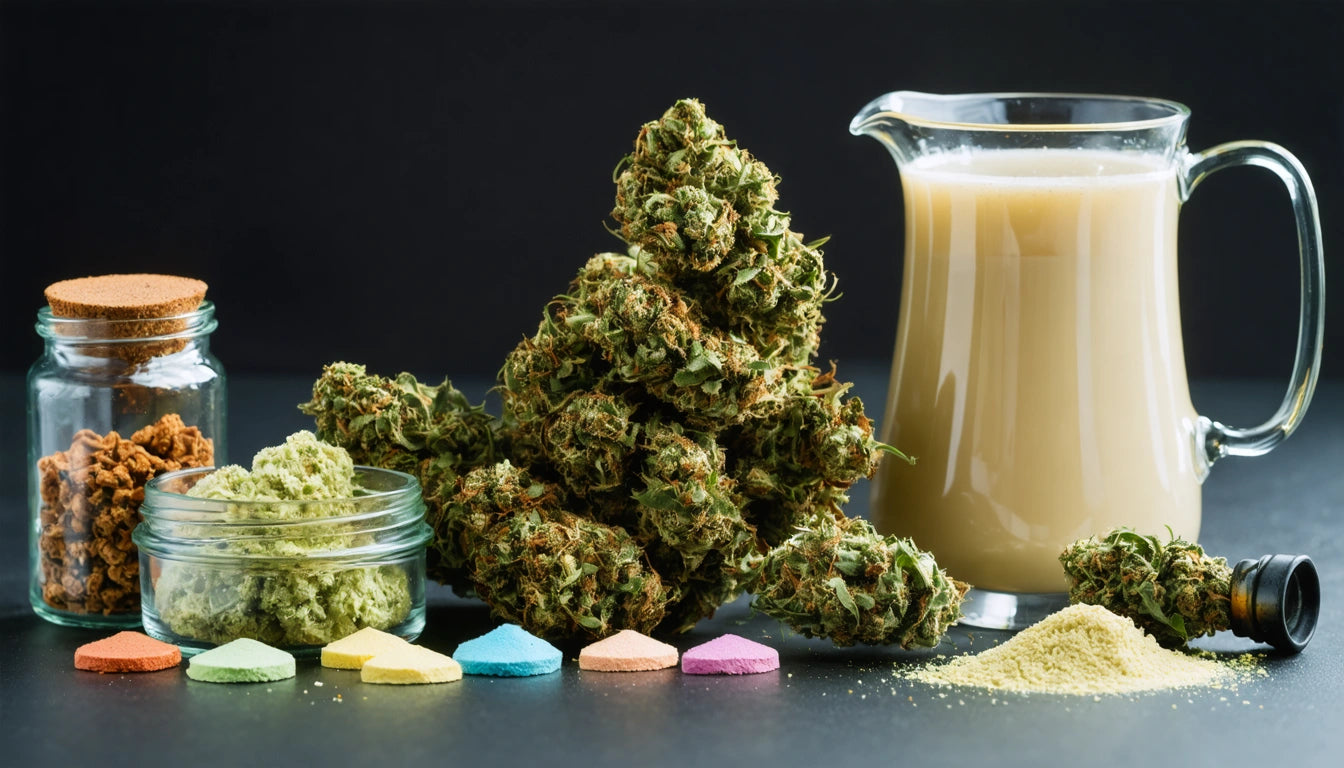Table of Contents
- Understanding False Positive Opiate Results
- Medications That Can Trigger False Positive Opiate Results
- Foods and Dietary Supplements That May Cause False Positives
- How Different Testing Methods Affect Accuracy
- Strategies to Prevent False Positive Results
- What to Do If You Receive a False Positive Result
- Advancements in Testing Technology and Accuracy
Common Causes of False Positive Opiate Drug Test Results
False positive drug test results for opiates can have serious consequences, from employment rejection to legal complications. Understanding what can cause a false positive for opiates is crucial for anyone subject to drug testing. These misleading results occur when a test incorrectly indicates the presence of opiates in a person who hasn't actually consumed them.
Understanding False Positive Opiate Results
Standard drug tests screen for morphine and codeine, the primary compounds in opiates. However, these tests often lack the specificity to distinguish between actual opiate use and other substances with similar molecular structures. According to research on preventing false positive results, initial immunoassay screenings are particularly prone to cross-reactivity issues.
Cross-reactivity occurs when the antibodies used in the test react with compounds that are structurally similar to opiates but aren't actually opiates. This phenomenon is responsible for many false positive results and underscores the importance of confirmation testing.
Medications That Can Trigger False Positive Opiate Results
Prescription Medications
Several common prescription medications have been documented to cause false positive results for opiates:
- Quinolone antibiotics (such as levofloxacin and ofloxacin)
- Rifampin, an antibiotic used to treat tuberculosis
- Dextromethorphan, found in many cough suppressants
- Diphenhydramine (Benadryl), a common antihistamine
- Certain antipsychotic medications like quetiapine
As noted in this analysis of positive drug test results, these medications can trigger false positives because their chemical structures or metabolites are similar enough to opiates to activate the test's detection mechanism.
Over-the-Counter Medications
Even commonly available OTC products can lead to false positives:
- Cold and flu medications containing pseudoephedrine
- Pain relievers with ibuprofen (in some cases)
- Sleep aids containing diphenhydramine
- Antacids with ranitidine (Zantac)
Foods and Dietary Supplements That May Cause False Positives
What you eat can sometimes affect drug test results. Certain foods have been linked to false positives on drug tests, including for opiates:
- Poppy seeds, which naturally contain trace amounts of morphine and codeine
- Some herbal teas, particularly those containing poppy derivatives
- Dietary supplements with hemp or CBD oil
Poppy seed consumption is perhaps the most well-documented dietary cause of false positive opiate results. Even a poppy seed bagel eaten the morning of a test could potentially trigger a positive result, as the seeds contain trace amounts of the same compounds tests screen for.
How Different Testing Methods Affect Accuracy
The likelihood of false positives varies significantly depending on the testing method used:
Immunoassay Tests
These initial screening tests are most prone to false positives due to their lower specificity. They detect classes of drugs rather than specific substances, leading to more cross-reactivity issues.
Gas Chromatography/Mass Spectrometry (GC/MS)
This confirmatory testing method is much more accurate and can differentiate between true opiates and substances that might trigger false positives on immunoassay tests. Our precision laboratory equipment solutions help testing facilities maintain high accuracy standards when processing samples for confirmation testing.
Liquid Chromatography-Tandem Mass Spectrometry (LC-MS/MS)
The most advanced method currently available, LC-MS/MS offers exceptional accuracy and can detect substances at very low concentrations while minimizing false positives.
Strategies to Prevent False Positive Results
To reduce the risk of false positive opiate test results:
- Provide a complete medication list before testing
- Avoid poppy seeds for at least 48 hours before the test
- Disclose any supplements or herbal products you're taking
- Request confirmation testing if a positive result occurs
- Consider timing when taking necessary medications
As explained in this guide on CBD and drug testing, being proactive about disclosure can help prevent misunderstandings and allow for proper interpretation of results.
What to Do If You Receive a False Positive Result
If you believe you've received a false positive result for opiates:
- Request a confirmation test using GC/MS or LC-MS/MS
- Provide a complete list of all substances consumed in the past week
- Consider consulting with a medical review officer (MRO)
- Document everything, including timing of medication use
- Understand your rights regarding retesting
According to this resource on drug test failures, many employers and testing facilities have protocols for handling disputed results, including confirmation testing.
Advancements in Testing Technology and Accuracy
The drug testing industry continues to evolve, with new technologies reducing the likelihood of what could cause a false positive for opiates. Modern approaches include:
- Point-of-collection testing (POCT) with improved specificity
- Automated systems that reduce human error
- Software that helps identify potential cross-reactivity based on disclosed medications
- Testing methods that can distinguish between pharmaceutical and illicit opiates
These advancements are particularly important as the distinction between prescribed opiates and illicit use becomes increasingly relevant in medical and employment contexts. Understanding the limitations of different testing methods helps both individuals and organizations interpret results more accurately.
While false positives for opiates remain a concern, awareness of potential causes combined with proper testing protocols can significantly reduce their occurrence and impact. Always be transparent about medications and substances you've consumed, and don't hesitate to request confirmation testing if you believe a result is inaccurate.











Leave a comment
All comments are moderated before being published.
This site is protected by hCaptcha and the hCaptcha Privacy Policy and Terms of Service apply.